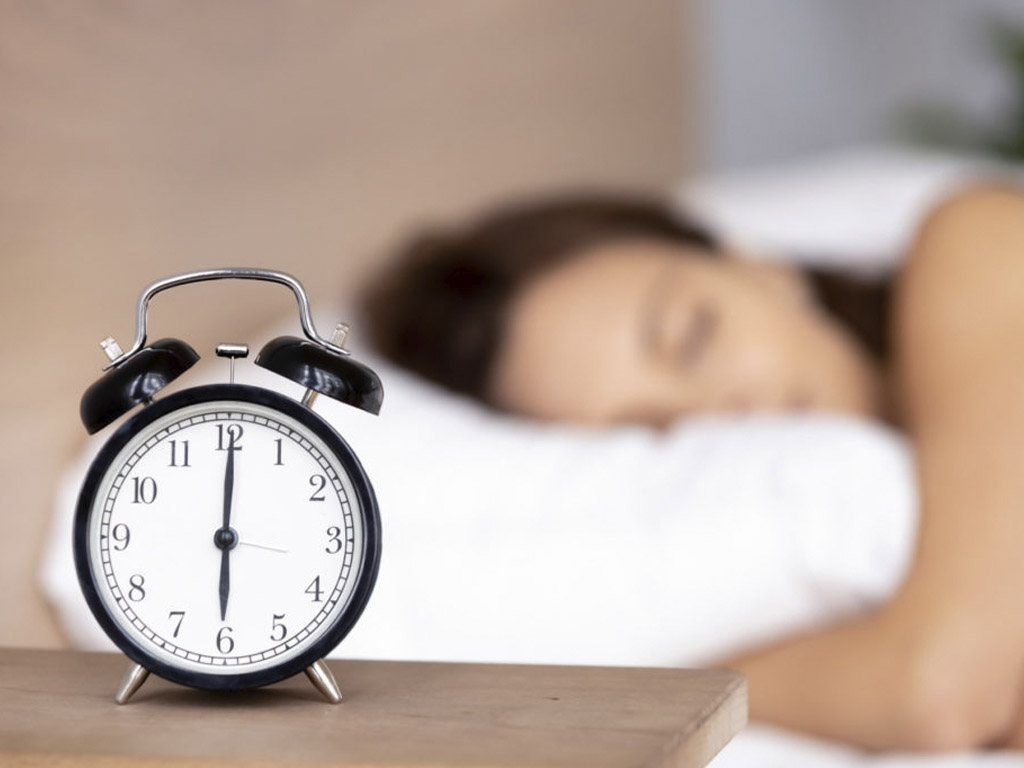
Sleep or Workout: What’s Actually Better for Your Health
You wake up. Barely. The alarm is ringing, and the first decision of the day hits you: drag yourself out of bed for a run, or stay under the blanket for another 30 minutes?
Millions face this dilemma daily — and most sleep and health experts now agree: in most cases, sleep should come first.
Sleep Is Not Rest. It’s Recovery
Sleep is not passive. It’s an active process where your body and brain do some of their most important work:
- hormone regulation
- reduction in cortisol (the stress hormone)
- immune system activation
- memory consolidation and cognitive repair
- decrease in inflammation
Chronic sleep deprivation has been linked to higher risks of cardiovascular disease, insulin resistance, obesity, anxiety, irritability and low mood. And these aren’t just correlations — they’re physiologically explained outcomes.
As psychologist Leah Kaylor puts it, “if you’re sleeping less than six to seven hours just to squeeze in a workout you’re probably doing more harm than good.”
Exercise Is Vital But Not at the Expense of Sleep
Regular physical activity is crucial for metabolism, brain function and emotional health. But key word: regular, not constant at any cost.
If you consistently cut sleep short to exercise, your body pays the price. The combination of sleep debt and physical exertion leads to fatigue, lower performance, poor recovery and higher risk of injury. Sleep-deprived workouts stress the system they don’t build it.
New Study: More Sleep, More Snoozing?
A 2024 study published in Scientific Reports analyzed over 3 million nights of data from 21,000 users of the SleepCycle app. Researchers found that:
- 56% of nights ended with snoozing
- users hit “snooze” an average of 2.4 times, totaling about 11 minutes of post-alarm dozing per morning
Harvard sleep researcher Dr. Rebecca Robbins explains: this habit may point to poor sleep hygiene or underlying disorders. And snoozing may disrupt critical sleep stages, especially REM sleep, which supports emotional resilience and cognitive clarity.
Repeated snoozing induces sleep inertia a groggy, sluggish state caused by interrupted deep sleep. The short dozing periods aren’t long enough to resume deep sleep, but are enough to interfere with natural wakefulness.
Do Women Actually Need More Sleep? Yes Slightly
According to research from the UK Sleep Research Centre at Loughborough University, women typically need about 20 minutes more sleep per night than men.
Why?
- higher brain workload (due to multitasking and complex decision-making)
- greater prefrontal cortex activation
- hormonal fluctuations (linked to menstrual cycles, pregnancy or menopause)
Women also report more frequent night awakenings and have a higher risk of conditions like insomnia or restless leg syndrome. Their sleep tends to include longer REM and deep sleep phases — but also more interruptions. So yes, the average woman needs a bit more rest to recover fully.
When a Workout Is the Right Call
If you:
- slept 7–9 hours
- woke up refreshed
- aren’t sick or under high stress
go ahead. Morning exercise will likely boost your day.
But if you:
- haven’t slept well for a few nights
- feel run down, sore, or stressed
- just want to crawl back under the covers
listen to that signal. One missed session won’t undo your fitness, but an extra half-hour of sleep might prevent illness or burnout.
Sleep Isn’t Laziness It’s Survival
In a culture obsessed with “productive mornings,” rest often gets framed as weakness. But pushing through exhaustion isn’t strength it’s short-sighted.
Sleep is not indulgence. It’s resilience.
It’s what lets your body fight, recover, and function.
So next time you’re choosing between that treadmill and your pillow, ask yourself which one does your body truly need right now?
Because workouts build strength but sleep keeps you alive.














